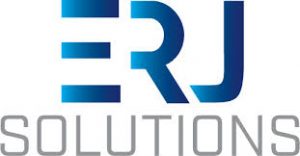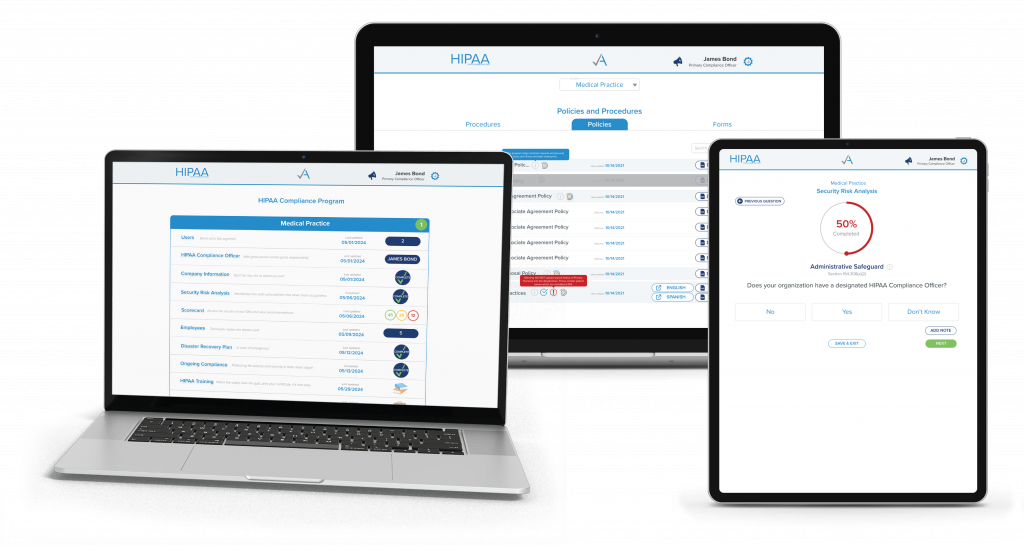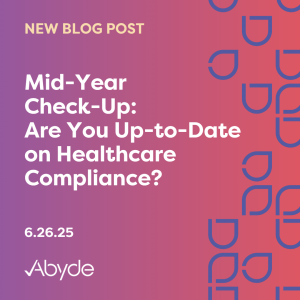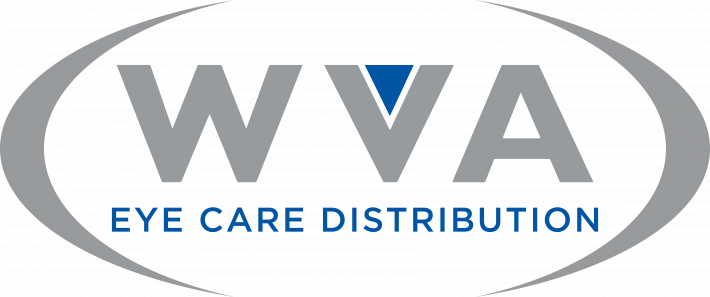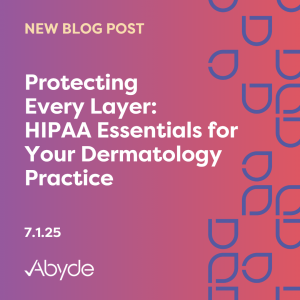
Protecting Every Layer: HIPAA Essentials for Your Dermatology Practice
July 1, 2025 HIPAA violations are not skin-deep. Dermatology practices, like all healthcare practices, are subject to HIPAA legislation. Common HIPAA violations erode reputation and patient trust, potentially costing your practice significant legal fees and fines. Dermatology practices have unique data, like photos of skin ailments and reports of skin biopsies, which must be securely handled. Sharing a picture of an abnormal mole without proper documentation, even if it looks harmless, is a HIPAA violation. Why? This is because the image includes identifiable health information about your patient. The good news? Frequent HIPAA pitfalls can easily be prevented with the proper safeguards and education. Being aware and implementing the right proactive safeguards secures your practice. Social Media 101 Before-and-after patient photos can be a powerful marketing tool on social media, but mishandling them could attract unwanted attention from the Office for Civil Rights (OCR). It’s totally normal to be proud of the great results you achieve for your patients. However, if you plan to share how your treatment helped a patient publicly, you must have that patient sign a media consent form. This form explicitly grants permission to share their healthcare procedures or results online. Beyond that, your practice must have a well-defined multimedia policy outlining how social media is handled. This ensures your entire staff is equipped and aware of their responsibilities regarding sharing information online, keeping everyone compliant, and protecting patient privacy. It’s also important to regulate your dermatology staff’s communication with patients on social media. While a patient may leave a positive review about how a chemical peel treatment made them look younger, you cannot confirm or deny whether that patient visited your practice. If you want to use a favorable review in your social media marketing, make sure the patient has signed the media consent form. Even a negative review can lead to a HIPAA violation if you’re not careful. While it’s tempting to defend your practice publicly, the cost of a violation far exceeds the initial frustration. For instance, one practice faced a $10,000 fine for disclosing Protected Health Information (PHI) on Yelp. The right move would have been to move the conversation offline and communicate with the patient privately through a secure channel. Staying Ahead: Security Risk Analysis One of the most common fines is missing a vital piece of proactive compliance. The Security Risk Analysis (SRA) is a thorough assessment of all the safeguards your practice has in place to secure PHI. The minimum annual SRA must be completed before and after a HIPAA breach, showcasing your practice is aware of vulnerabilities and documenting how they are addressed. This isn’t an isolated issue; it’s a widespread compliance gap, with only 14% of healthcare practices able to produce a compliant SRA during random audits. The recent case of a dermatology organization that faced an investigation after a substantial ransomware breach. The incomplete SRA discovered during the investigation led to a hefty $250,000 fine for the practice. It’s a common misconception that fines are solely a consequence of ransomware attacks. However, the true underlying reason for a fine is the failure to implement appropriate preventative safeguards. While ransomware attacks and cybercrimes can certainly occur despite even the most robust safeguards, a practice’s preventative and reactive response and ability to mitigate risk swiftly determine whether a fine is levied. Improper Paper Trails The entire lifecycle of PHI, from generation to deletion, needs to be handled securely. This includes properly shredding and disposing of records. Any image of a patient’s skin, old samples, etc., must be disposed of securely. First, records need to be kept for at least six years, but once disposed of, they cannot be traced to patients and must be destroyed entirely. Simply putting records in the trash isn’t going to cut it. In fact, Business Associates can handle data destruction for your practice. A dermatology practice was fined for improper disposal. Empty specimen containers, with PHI on the label, such as patient names, dates of birth, and more, were thrown in unsecured trash. After discovering that this disposal was typical for the dermatology organization for years, the practice was fined over $300,000. How to Avoid Common Dermatology HIPAA Violations The right HIPAA compliance program can avoid these common missteps. Proactive compliance, including thorough training and a maintained SRA, is key to the success of your dermatology practice. While handling your practice’s compliance program might feel overwhelming, compliance solutions can streamline this process. Intelligent software can easily pinpoint and address common violations in a centralized compliance hub. By maintaining control and proactively addressing compliance gaps, your practice can achieve peace of mind. Meet with a compliance expert today to learn more about simplifying HIPAA compliance for your dermatology practice.
